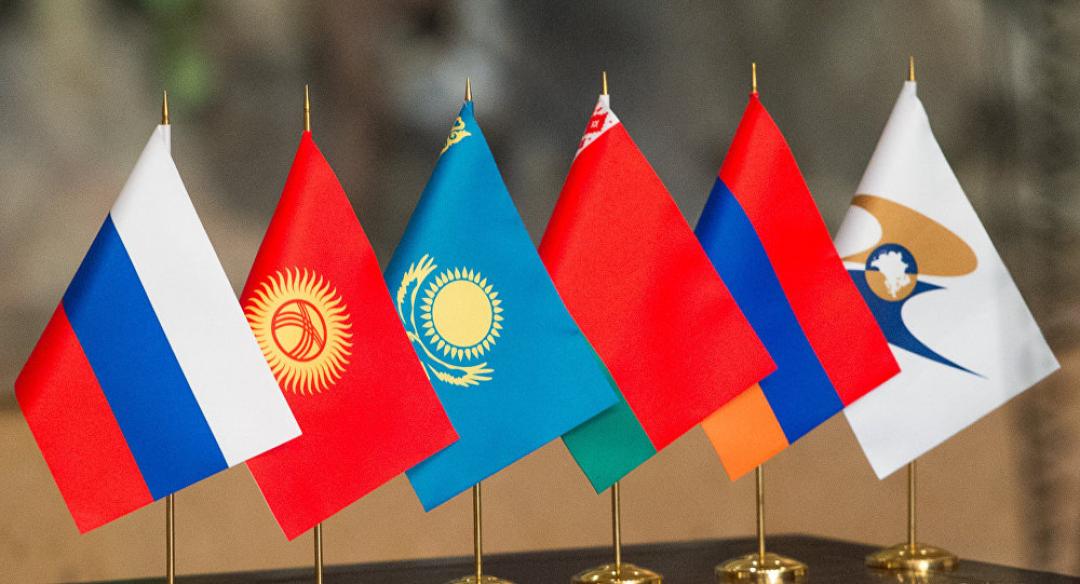
Armenian PM Advocates for Flexible Approach and Technological Cooperation at EAEU Summit

On December 25, the Russian leader convened a session of the Supreme Eurasian Economic Council in St. Petersburg, with the presence of Armenian Prime Minister Nikol Pashinyan, Belarusian President Alexander Lukashenko, Kazakh leader Kassym-Jomart Tokayev, and Kyrgyz leader Sadyr Japarov.
The leaders of the Eurasian Economic Union (EAEU) countries adopted a declaration outlining the future development of the union during a meeting in the Russian city of St. Petersburg. During the meeting, the heads of EAEU member states reviewed the union’s achievements in recent years, discussed future cooperation prospects, and approved a declaration outlining the further development of economic processes within the union until 2030 and until 2045. They also adopted documents outlining the main directions of the union’s international activities in 2024 and macroeconomic policy guidelines from 2024 to 2025. The declaration includes specific measures to enhance joint efforts in key sectors. It identifies additional areas of interaction, such as the climate agenda, healthcare, and tourism, as stated by Russian President Vladimir Putin.
Armenian PM Nikol Pashinyan, speaking at the regular session of the Supreme Eurasian Economic Council in Saint Petersburg, conveyed Armenia’s readiness to adopt a flexible approach to address unresolved issues and ensure a balance of interests among the member states of the EAEU.
Nikol Pashinyan highlighted the importance of broadening integrated cooperation in enhancing energy efficiency and advancing renewable energy. He also emphasized the significance of incorporating digital technologies into state business processes, with active engagement from the IT communities of the participating countries.
He also outlined that Armenia faces certain difficulties and economic costs due to the absence of a common border with the countries of the Union.
“This is a challenge for Armenia, but at the same time, a unique opportunity for EAEU. If we manage to ensure uninterrupted transport, transit, and administration through modern technologies, we will have a unique opportunity to develop EAEU relations with interested third countries,” he noted.
Armenian PM proposed implementing modern digital traceability systems for goods and cargo, including the mutual recognition of electronic signatures. This approach aims to ensure the realization of the “four freedoms” without introducing additional barriers, thereby establishing a technical foundation for effective cooperation within the EAEU.
“At this difficult moment for all of us, efforts should be focused on maximizing the influence of the EAEU, taking into account the national priorities of socio-economic development,” he added.
PM Pashinyan further welcomed signing the EEU free trade agreement with Iran. He emphasized that the comprehensive deal would enhance trade, economic, logistical, and transport ties with Iran, providing a robust contractual foundation for collaborative projects.
Video footage revealed Russian President Vladimir Putin and Armenian PM Nikol Pashinyan having a separate discussion during a tour of the Pavlovsk Museum-Reserve. However, no details have been provided about the content of their conversation.
It is important to mention that the EAEU consists of Armenia, Belarus, Kazakhstan, Kyrgyzstan, and Russia. Starting from January 1, 2024, Armenia will assume the rotating EAEU chairmanship, following Russia, with a one-year tenure.
See Also


Simonyan: “Armenia Should Trade with Turkey and Azerbaijan Instead of Closing Borders”

Mirzoyan Meets US Deputy Assistant Secretary Joshua Huck

Azerbaijani President Holds Talks with UAE and German Business Delegations on Economic Cooperation

Grigoryan Confirms Armenia’s Readiness to Dissolve OSCE Minsk Group Upon Peace Treaty Signing

